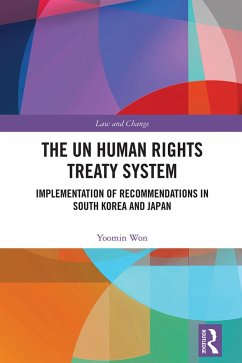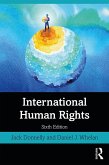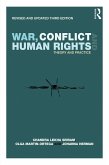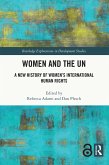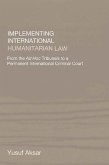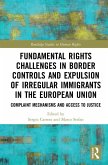Won's research entangles the theoretical debate on whether the UN human rights treaty system is effective in prompting the implementation of HRC recommendations. Based on interviews with activists, lawyers, scholars, judges, and other practitioners in South Korea and Japan, her findings reveal contrasting domestic dynamics: South Korea's vibrant institutional landscape enables more active implementation, while Japan's stable but centralized political system leads to more incremental change. In addition, Won creates a novel empirical dataset to assess the key variables associated with improvement in human rights action across 103 countries. The findings suggest that institutional mechanisms enhance implementation in new democracies, while civil society plays a crucial role even in authoritarian regimes. Ultimately, frequent and constructive dialogue between states, treaty bodies, and civil society, supported by institutional protections, is key to turning recommendations into human rights change.
A unique empirical analysis of international human rights action as driven by UN recommendations, this book will be of interest to scholars and students of international law, human rights, and international relations, as well as human rights lawyers and the NGO Human Rights Communities.
Dieser Download kann aus rechtlichen Gründen nur mit Rechnungsadresse in A, B, BG, CY, CZ, D, DK, EW, E, FIN, F, GR, HR, H, IRL, I, LT, L, LR, M, NL, PL, P, R, S, SLO, SK ausgeliefert werden.

